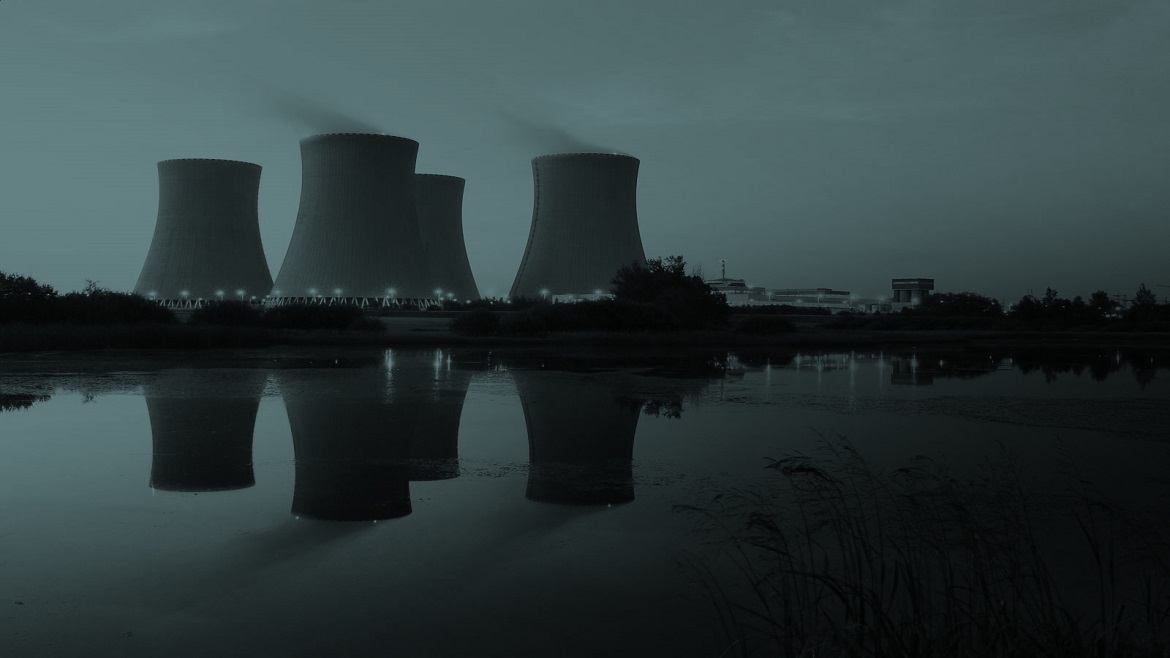Fossil-fuel extraction has always been risky. Oil, gas and coal producers have long navigated challenges such as price swings, geopolitical tensions, sanctions, asset nationalisations, environmental disasters and security threats.
But a new risk is emerging for the sector. Environmental groups, policymakers and some institutional investors are demanding that fossil-fuel companies prepare for the longer-term risk to their business model from policies to combat climate change.
Global warming is caused by emissions of greenhouse gases (GHGs), mainly carbon dioxide (CO2); over 60% of these emissions are caused by the burning of fossil fuels. In 2010 governments pledged to limit global warming to 2 degrees Celsius (2o C) above pre-industrial levels, based on scientific advice that failure to do so would have severe environmental consequences.
An international agreement which acts on that 2010 pledge will lead to deep cuts to the amount of fossil fuels that can be burned. In fact, two-thirds of fossil-fuel reserves will need to remain undeveloped if there is to be any chance of limiting the global average temperature increase to 2o C, according to the International Energy Agency (IEA). This estimate is based on a calculation of a "carbon budget".
The carbon budget reveals that the amount of CO2 that can be emitted by 2050 that would give us just a 50% chance of limiting warming to 2o C is 1,075 gigatonnes, which is only around one-third of the estimated amount of CO2 embedded in global fossil-fuel reserves of 2,860 gigatonnes. Hence, a large share of the fossil-fuel reserves of oil, gas and coal companies would be at risk of becoming "stranded assets"—and left undeveloped—in the event of global policy action to limit warming to 2o C.
Advocates of the carbon budget therefore argue that investors should take into account the momentum for policy action on climate change: failure to do so will result in mispriced risk for investors.
But fossil-fuel companies dismiss the threat of stranded assets resulting from tougher climate-change policies. While acknowledging that climate change is real and that carbon pricing is often factored into their investment decisions, they argue that the world will consume fossil fuels for decades to come and that there is very little chance of governments acting decisively to limit global warming. Others point out that the majority of fossil-fuel reserves are not owned by public companies accountable to shareholders, but by the national oil companies of energy-exporting countries that will ignore calls for emission-cutting targets.
The negotiation of a new global climate agreement will take place in Paris in 2015. Few observers expect the international community to agree to act on limiting the global average temperature increase to 2o C. The economic cost would be high, and few countries have demonstrated the political will. In this sense, fossil-fuel producers would be correct in expecting no drastic policy change at an international level in the short term.
But there is also a risk involved if fossil-fuel companies assume a “business as usual” scenario to continue indefinitely. As Mark Lewis, an analyst from financial services company Kepler Cheuvreux puts it: "The point about global climate policy is as much the direction of travel as the speed." As of 2012, two-thirds of GHG emissions worldwide have been subject to national legislation or emission-reduction strategies, up from 45% in 2007.
Climate-change policy action might be incremental, but it is unlikely to retreat on a global scale. If anything, the pace of policy implementation will accelerate as the risks posed by climate change become more apparent, even if efforts to reach a global agreement in Paris next year were to fail.
Dismissing the growing possibility of lower-carbon energy systems emerging from tougher policy action on climate change would mean ignoring the direction of energy policy priorities in the longer term.
This blog is part of a series managed by The Economist Intelligence Unit for HSBC Commercial Banking. Visit HSBC Global Connections for more insight on international business.
The views and opinions expressed in this article are those of the authors and do not necessarily reflect the views of The Economist Intelligence Unit Limited (EIU) or any other member of The Economist Group. The Economist Group (including the EIU) cannot accept any responsibility or liability for reliance by any person on this article or any of the information, opinions or conclusions set out in the article.




